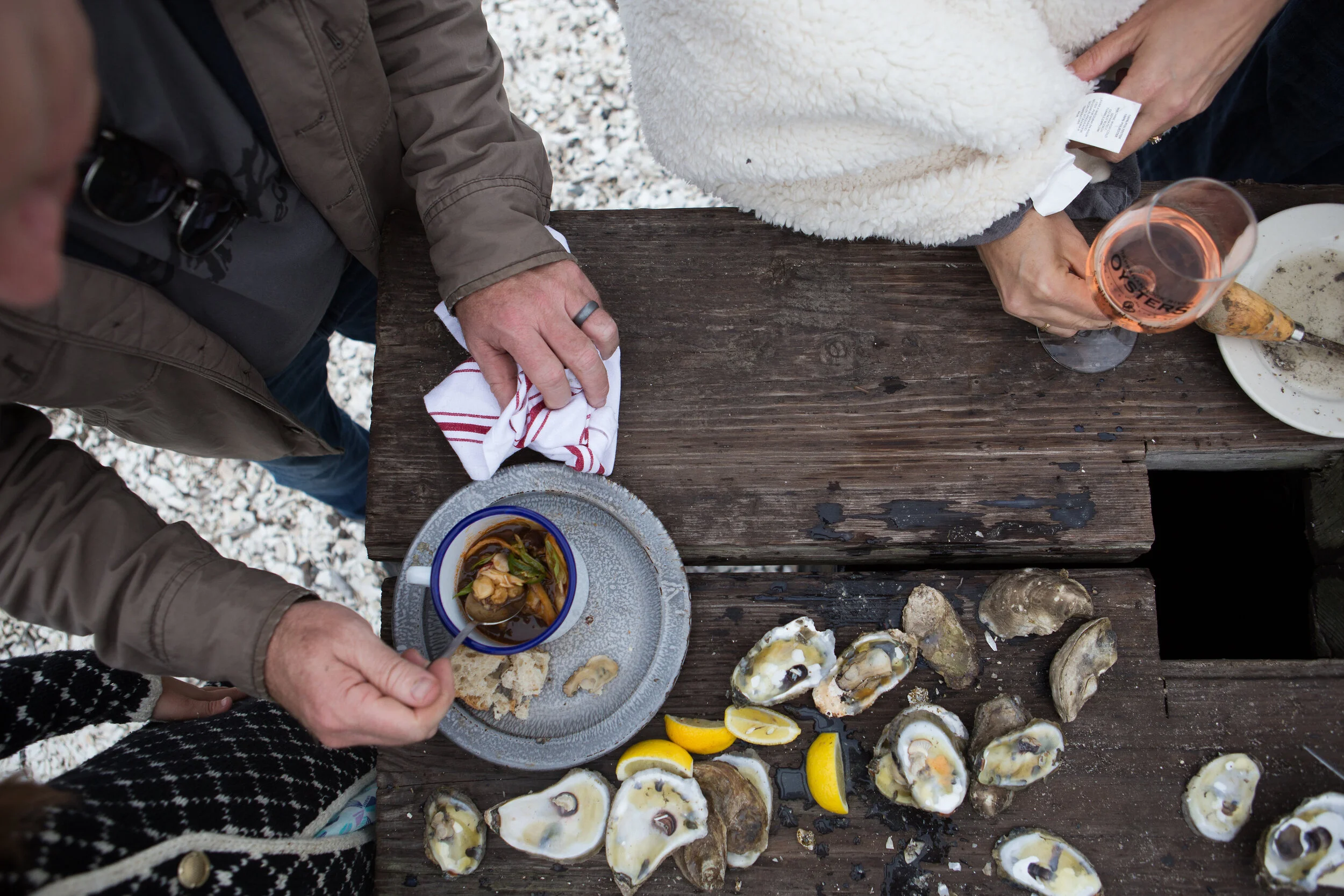Chicken Litter is No Chicken Little Matter
/Or What I Learned On My Summer Internship at USDA ERS
By Hannah Lehman, special to EdibleDC
Photograph by Carole Topalian.
One of the things that I was most looking forward to in graduate school was being an intern.
When I entered grad school at Tufts University in Boston last year to start a masters program in Food Policy and Applied Nutrition at the Friedman School of Nutrition Science and Policy, I heard about all of the great internships the second year students had done (i.e. oyster farming, working to prevent eating disorders, designing programs to fight childhood obesity), I knew I wanted my summer internship to be an amazing opportunity.
I decided on an internship with the United States Department of Agriculture's Economic Research Service (USDA ERS). ERS is the statistical agency of the USDA that is responsible for providing research to influence public policy and program decisions on topics like food and nutrition, food safety, resources, the environment and even more. Economists at ERS regularly provide oral briefings and written reports directly to White House officials, Congress members, other USDA officials, and state and local government policymakers.
My primary research project analyzing how environmental regulations influence waste management on large livestock operations. Which means that I spent a lot of time running statistical analysis and writing about how farmers deal with manure, with an emphasis on chicken litter.
While that may not sound like the most fun job in the world, I loved my experience this summer and how much I learned.
Understanding the impact our food system has on the environment, especially livestock-related pollution, is something critically important for policymakers and really anyone interested in sustainable food production.
In addition to feeling like an expert on all things chicken litter and water pollution, I’m returning to Boston with some very real accomplishments under my belt. I’m proud to say that I gave a presentation on my preliminary findings to a room of senior economists and finished a research project that could potentially impact future amendments to the Clean Water Act. I contributed to a paper that will be published in an economic journal in the next 6 months.
USDA interns outside the House Agriculture Committee after a day of touring the Capitol and legislative buildings.
I would say that in addition to learning and conducting research, one of the best things about working at the USDA this summer was the camaraderie. Even though I had my own research project at ERS, I was part of the USDA Pathways Program, which meant that there were about 30 other graduate student interns working in the office as well. Every week the intern coordinators (full time ERS employees) organized field trips, lunch lectures, happy hours and other activities for us so we could get a taste of DC, learn about different careers in agricultural policy and economics and enjoy life outside our cubicles.
When I wasn’t on a tour of the Capitol or eating ice cream on our field trip to the Prigel Family Creamery, or discussing in detail the environmental ramifications of how to handle tons of chicken poop, I made some great friends and loved every minute of my summer at USDA.
Hannah Lehman is a resident of Annapolis, MD and is starting her second year as a masters student in the Food Policy and Applied Nutrition program at the Friedman School of Nutrition Science and Policy at Tufts University in Boston. She is a graduate of Bryn Mawr College.







